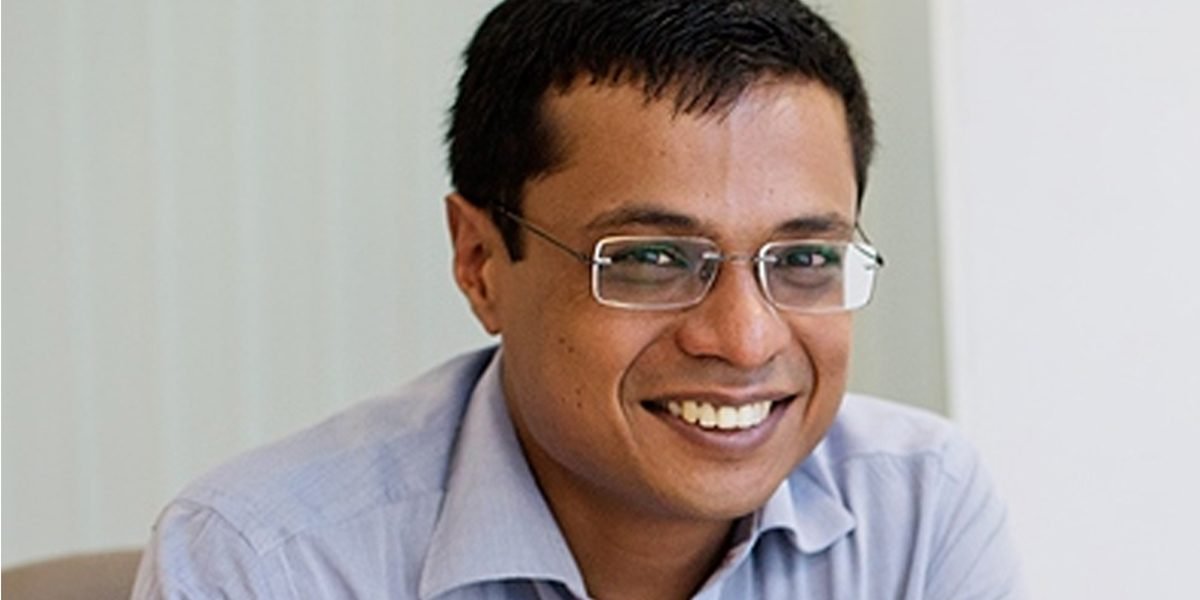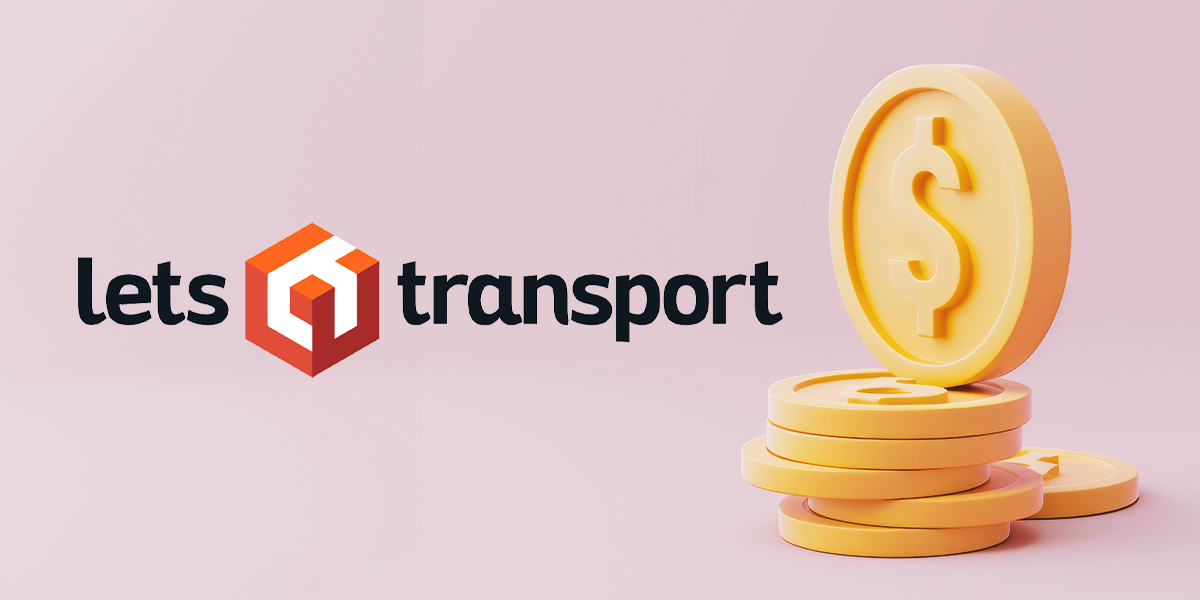After selling his 5.5% Flipkart stake to Walmart and making $1 billion out of it, Sachin Bansal, the co-founder of the e-commerce marketplace has been heavily investing in not just the startup ecosystem, but the non-banking financial sector as well. Now, he has also added financial arms of large public corporate houses as well.
As per the latest media reports, Bansal has purchased a debt paper issued by Piramal Group for Rs 200 crore. This is non-convertible debt invested by the seasoned tech entrepreneur, and aims at betting on the financial services arm of the Piramal Group.
On this debt funding, Bansal will receives interest worth 9.5% over and above the repayment in two years time.
For Piramal Enterprises Ltd., this development comes right after the reports that Japanese conglomerate SoftBank is in the last leg of due diligence before it invests $1 billion in the company, and that investment is also focussing on the financial operations of the Anand Piramal led group. As per a Mint report, this deal values the financial arm of the group at $4 billion, and $1 billion is slated to come from the $100 billion SoftBank Vision Fund.
For the uninitiated, the financial arm of Piramal Group is known for its dealings in wholesale and corporate debt, and is turning out to be a lucrative investment opportunity for nationally as well as globally successful entrepreneurs like Bansal and Masayoshi Son.
This development also strengthens Bansal’s debt play where he has, since Flipkart exit, only been investing in debt instruments, barring Ola and Ather Energy – the startups focussing on EV- as exceptions. In all the NBFCs – Altico Capital, IndoStar Capital, Northern Arc Capital – he has invested Rs 250 crore, Rs 250 crore, and Rs 200 crore respectively, all via debt papers.
In startups like Krazybee, Bounce, and Vogo also Bansal has given away debt funds via his new entity BAC Acquisitions – his second entrepreneurial gig towards creating a group of fintech and agritech firms via acquisition route under this holding entity.
Investing in debt capital, here, essentially helps Bansal not put his money at risk and get the investment back by the end of a fixed time period and at a fixed rate of interest. It makes sense as all these investments are going to have different deadlines for repayment, his money will earn a higher interest rate than banks in the meantime, and at every interval he would get his money back for further use – in activities like acquisition and reinvestment, and it contributes immensely to the startup ecosystem. It’s a win win play.














